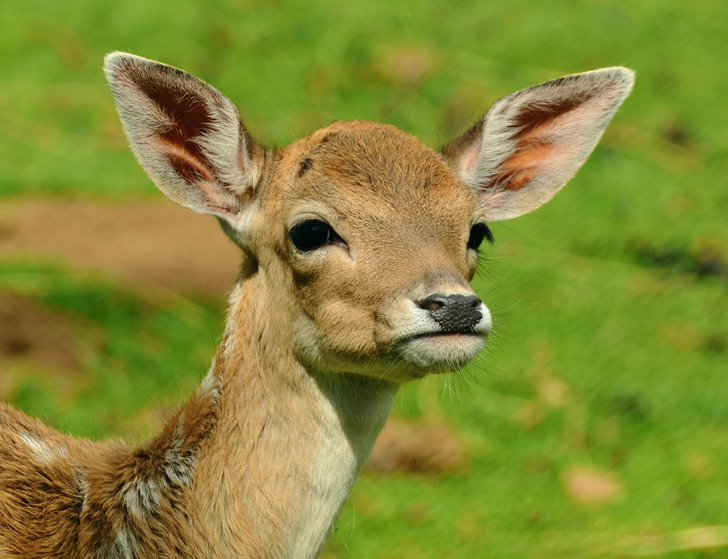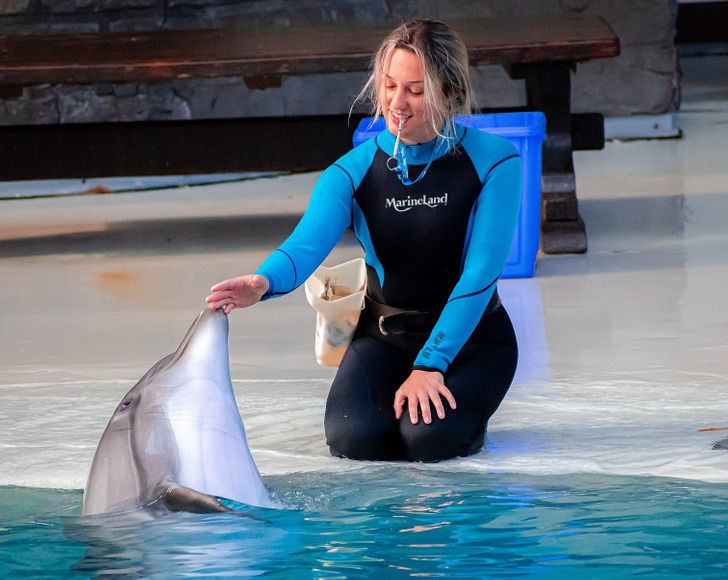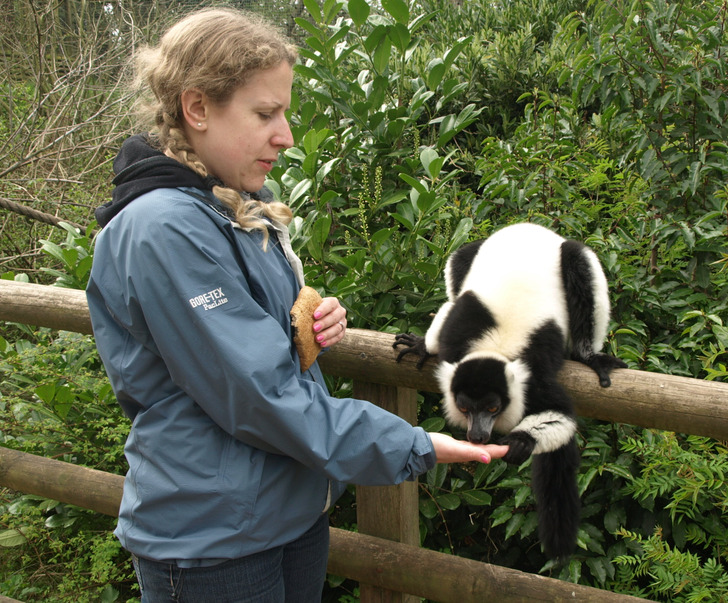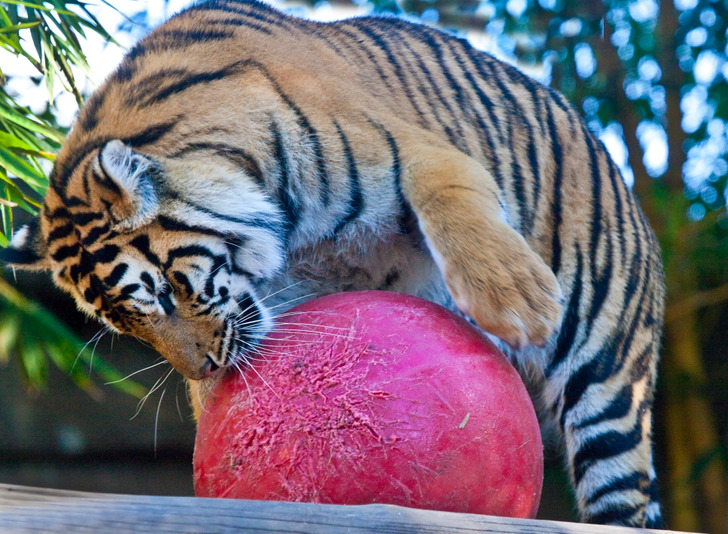Every vocation carries its share of secrets. In the world of zookeeping, working with a wide range of animals may seem idyllic. However, there’s more than meets the eye when it comes to this profession. Can you guess which animal in a zoo tends to be more aggressive than others? Most would point to a lion or tiger, but you might be surprised by the reality.
1Dining Delicacies: Some Animals Enjoy Fine Dining Than Most Humans
I don’t work in a zoo but in a sizable public aquarium The critters here enjoy restaurant-grade seafood, similar to what we eat. Sea otters, sharks, dolphins, beluga whales and any tropical saltwater species are costly to feed due to this requirement. An aquarium in Japan once tried to cut costs by offering their otters lower-quality fish, but they rejected it. The aquarium had no choice but to revert to the premium seafood. Notably, at our aquarium, the mammals get seafood of a higher standard than most restaurants.
2Surprisingly Omnivorous: Even Herbivores Occasionally Feast on Meat

Interestingly, some animals usually assumed to be vegetarian are given a small proportion of meat. This practice mimics their natural environment where the vegetation they consume often contains tiny creatures. Therefore, the idea that herbivores eat only plants and carnivores only consume meat is widely misunderstood. Certainly, very few animals exclusively abide by these dietary extremes.
3From the Script to Reality: Animals Have Public Names and ‘Pet Names’
I can recall from my girlfriend’s experience at the Nashville Zoo, which revealed that animals there have ‘stage names’ for public recognition and informal names used by the keepers.
4Don’t Judge by the Horns: Rhinos are Less Terrifying Than They Appear
Rhinos, for all their intimidating appearance, behave more like oversized dogs than dangerous beasts. They adore being scratched and happily accept fruit delicacies from your hand! Some even roll over and whimper for a tummy rub with a bristle brush, earning them the affectionate nickname ‘whinos.’
5Stayin’ Fit: The Fitness Regime of Dolphin Trainers

Expect dolphin trainers to be in good shape as wetsuits aren’t top on the list of flattering garments. Performing daily and adored by audiences often leads to a sizeable ego.
6The Scent of Duty: The Personal Sacrifices of Zoo Workers

Zookeepers tend befriend those dealing with the same animal types, primarily due to the distinctive smells, which stubbornly cling no matter how much scrubbing or changing is done. Those working with primates, snakes, and sea lions each carry an identifiable stench. Getting used to being stinky, however, is part of the job, as I’ve discovered from my 8+ hour shifts with primates.
7Beyond the Labor: The Hidden Education of Zoo Workers
Despite the physical labor involved, most zookeepers are highly educated. The irony stings when visitors see us cleaning exhibits and exhort their children about the importance of education. Zookeepers are expected to have degrees and years of practical experience before they’re hired. Yet they are often paid close to minimum wage.
8The Hidden Lives of Zumates: Animals May Appear Unhealthy for Reasons Beyond Their Environment
People often fail to consider that some animals may be older or have health issues. Some of our elderly fish are kept away from public view because audiences may mistake natural aging for poor care. Consider if your 17-year-old, incontinent dog was in a zoo; people might mistakenly think it’s malnourished and unwell.
9Animal Watching 101: Cool Days are Ideal Zoo Visiting Days

Lower temperatures have a tendency to make animals more active. Thus, visiting on a chilly day or early morning guarantees an entertaining view of the animals.
10Best Dressed: Dark Clothes are Preferred for Zoo Visits

Consider wearing dark clothing to the zoo! It makes it easier to see (and photograph) through glass when your own reflection isn’t obscuring the view.
11Bonus: The Incredible Tales of Zookeepers
From enclosures home to nonexistent wolves to the surprising animal affinity for Calvin Klein’s Obsession cologne, zookeepers carry countless fascinating and often hilarious stories from their experiences. Who would have known that goats could be considered the most dangerous creatures in zoos? These sturdy creatures have even managed to overpower a 6’4″, 200-pound man during feeding time. Through these anecdotes, we see that while zookeeping has its unique challenges, it offers an unmatched, rewarding experience.
Whether you’re a zookeeper or just a pet owner, life is always full of peculiar surprises and joyous moments when animals are involved.












